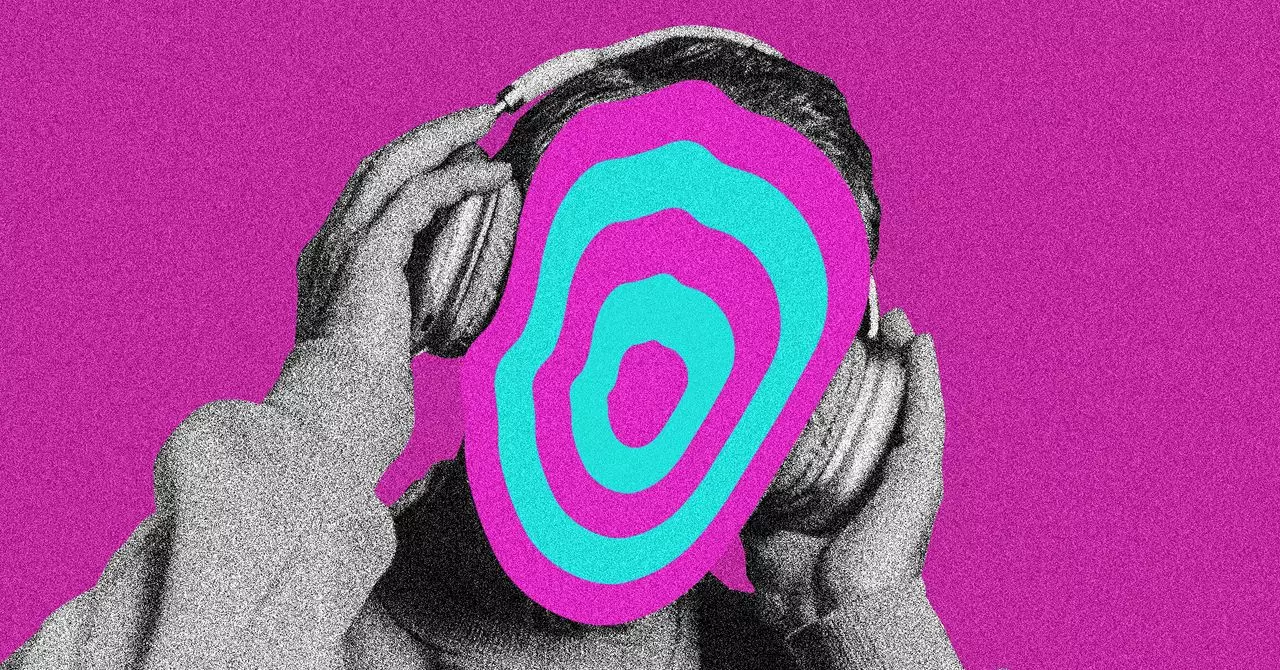In recent years, the proliferation of AI-generated content has become one of the most defining trends across digital platforms. Music streaming services, once considered bastions of human artistry, now grapple with an inundation of AI-crafted songs. From novelty tracks with risqué themes to genre mimicry, artificial intelligence is transforming the landscape in ways both fascinating and unsettling. This surge sparks a fundamental debate: is AI enriching musical innovation or is it diluting the essence of genuine human creativity? As the boundaries between human and machine-generated music continue to blur, we find ourselves at a crossroads that could redefine the future of the industry.
The Emergence of AI-Generated Tracks and Their Unanticipated Impact
The story of AI music infiltration is remarkably diverse, often starting with the most absurd or controversial content. One prominent example involves songs like “Make Love to My Shitter,” a provocative piece penned by an anonymous artist known as BannedVinylCollection. What initially appeared as a crude joke or a relic from a less sophisticated era was revealed to be crafted entirely with AI. Such tracks, characterized by their explicit and bizarre themes, serve a dual purpose: they test the limits of what is acceptable and expose the ease with which AI can generate provocative material at scale.
Platforms like Spotify and Deezer have begun noticing this trend but struggle to keep pace with the volume and ingenuity of these AI creations. The problem is compounded by the fact that current moderation policies are still catching up — platforms can flag and remove some AI tracks but lack comprehensive systems to prevent their upload altogether. The difficulty lies in distinguishing AI tracks from authentic human creations, especially as technology improves and imitates various genres convincingly.
Commercialization and Ethical Dilemmas in the AI Music Sphere
Despite the controversy, some creators are capitalizing on AI-generated music, earning modest incomes from platforms such as Patreon and Bandcamp. The case of BannedVinylCollection illustrates this point—earning approximately $200 monthly from Spotify despite the limited reach—and signals the potential for niche markets in AI music. However, this success brings with it ethical questions. Should creators profit from AI work, especially when it mimics real artists or pushes boundaries that could offend or mislead listeners?
Meanwhile, industry stakeholders express concern over the potential for AI to flood streaming platforms with low-effort, algorithmically generated tracks that may overshadow genuine human artists. This could lead to a devaluation of authentic musical effort and talent, ultimately harming the diversity and richness that define the art form. Moreover, the issue of transparency arises—listeners are often unaware when they’re hearing AI-generated content, raising questions about consent and honesty.
The Broader Industry Implications and the Path Forward
As AI-generated music continues to pervade the streaming landscape, major platforms like Spotify and YouTube face mounting pressure to establish clearer policies. Currently, they prohibit AI fakes of existing artists but lack robust measures to tackle the broader phenomenon of AI-created tracks that imitate genres or create novelty content. Deezer’s recent findings that about 18% of daily uploads are AI-suspected highlight the scale of the issue.
The pressing question is whether the industry should adopt a blanket ban, implement stricter labeling, or develop sophisticated algorithms to identify and filter AI content. Many believe that an outright ban might stifle innovation, while unregulated proliferation could erode trust and authenticity in music consumption. A balanced approach might involve transparency around AI content, user-friendly tools to filter or block AI tracks, and industry-wide standards to ensure ethical deployment.
The advent of AI in music is a transformative phenomenon. It democratizes the creation process and offers novel artistic possibilities, but simultaneously raises profound questions about originality, ethics, and the future of human artistry. As platforms adapt to this new reality, they must strike a delicate balance—embracing technological innovation without sacrificing the soul of music. The challenge lies not in halting AI’s progress but in guiding its development toward a sustainable and ethically sound integration into the fabric of music culture. Only then can AI serve as a tool that amplifies human creativity rather than undermines it.

